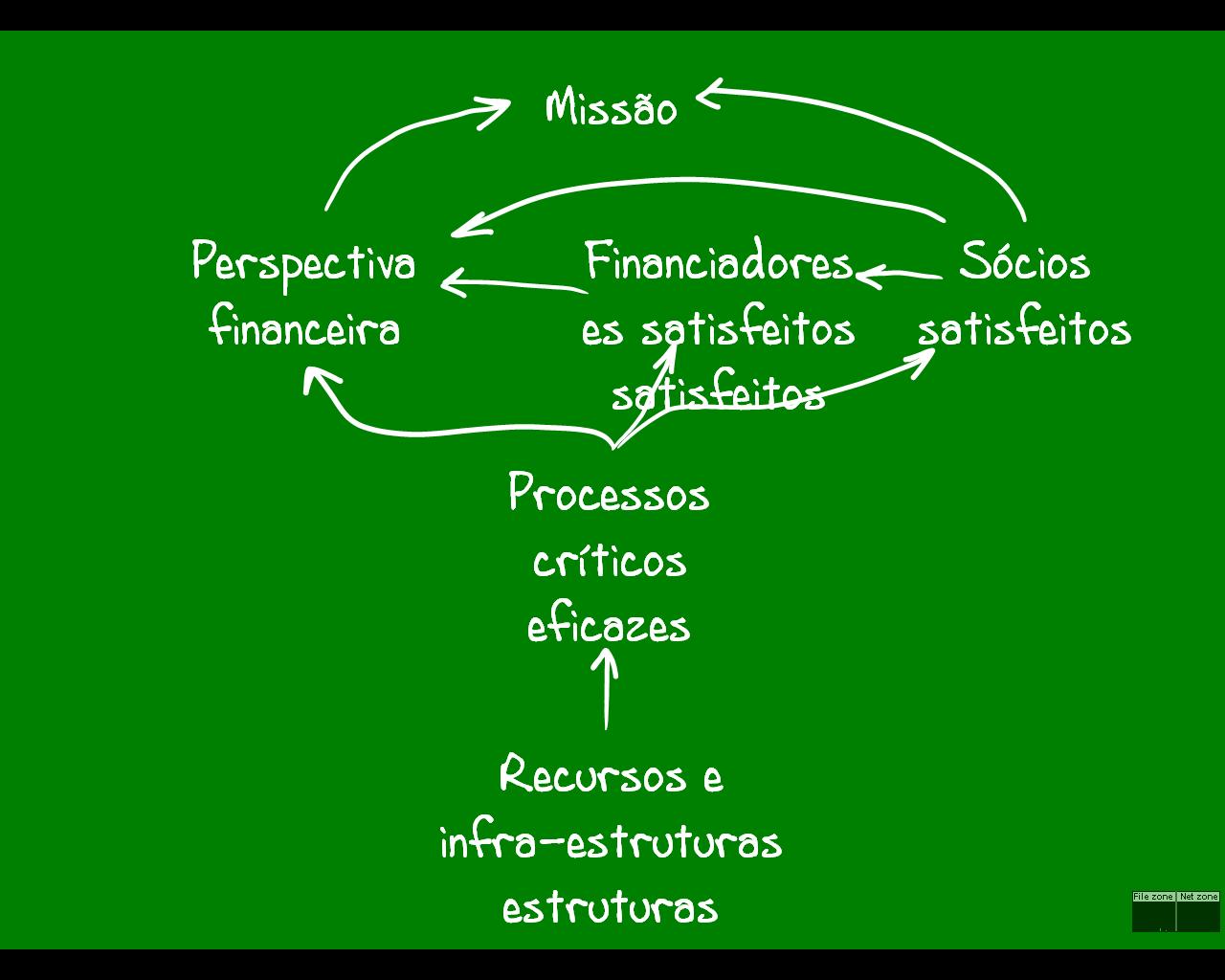.
"A useful place to start is look at what debt does – it accelerates consumption. Instead of saving to purchase you buy today but pay tomorrow. As early credit card advertising put it, debt takes ‘the waiting out of wanting’. Debt fuelled purchasing creates demand driving greater investment, in part because producers think that demand has suddenly increased. Increased production capacity means that they have more to sell and investors demand growth in earning etc so they must generate increased sales – so the whole process takes on a life of its own. It’s a kind of Ponzi Prosperity."
...
"If you use debt in this way to fuel demand then when the capacity to take on debt ceases so does demand. In effect, the world exaggerated ‘real’ demand and with it economic growth. To go back to equilibrium we have to do several things – run through the excess ‘stuff’ we bought; divert income to paying down debt, absorb the excess capacity we created, restore credit creation capacity by recapiltalising banks crippled by bad loans etc. That is precisely what deleveraging means and what is happening. So we become locked into a lengthy period of low growth, low demand which is not easy to reverse – as Japan shows."
...
"There are no simple, painless solutions any more. The world has to reduce debt, shrink the financial part of the economy and change the destructive incentive structures in finance. Individuals in developed countries have to save more and spend less. Companies have to go back to real engineering. Governments have to balance their books better. Banking must become a mechanism for matching savers and borrowers, financing real things. Banks cannot be larger than nations, countries in themselves. Countries cannot rely on debt and speculation for prosperity. The world must live within its means."
...
"The basic problem is one of demand. We used debt to create demand and now that we can’t increase debt, demand has slowed down. This is crucial thing is it is going to be difficult to return to previous levels of demand, particular growth in demand that the world has come to depend. It may not be a bad thing for the environment and conservation of scarce resources but it won’t be good for growth. That’s the issue, at least as I see it, and it’s a hard one to fix." (trechos retirados daqui)
.
Os governos tentam substituir a procura com estas tretas "Obama to Send Congress $447B Jobs Package", como se o emprego fosse uma causa quando é, na realidade, uma consequência.
.
Por isso, não existe o equivalente, do lado da oferta, para a curva da procura.
.
Solução:
- Não acreditar na maré; (mais outro exemplo)
- Companies have to go back to real engineering
- E procurar novos mercados onde se venda com uma vantagem competitiva não assente no preço necessariamente.
.






















%2006.21.jpeg)












